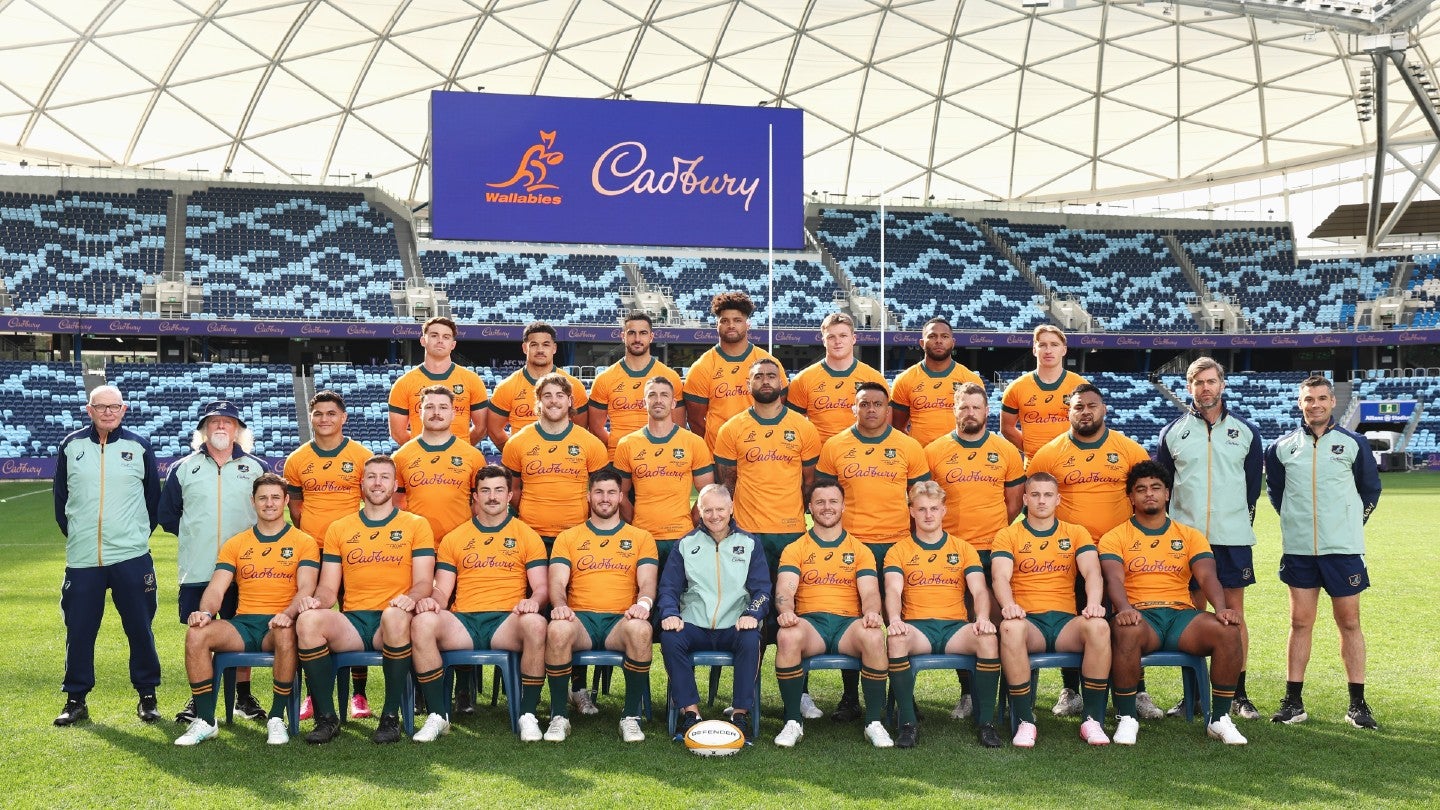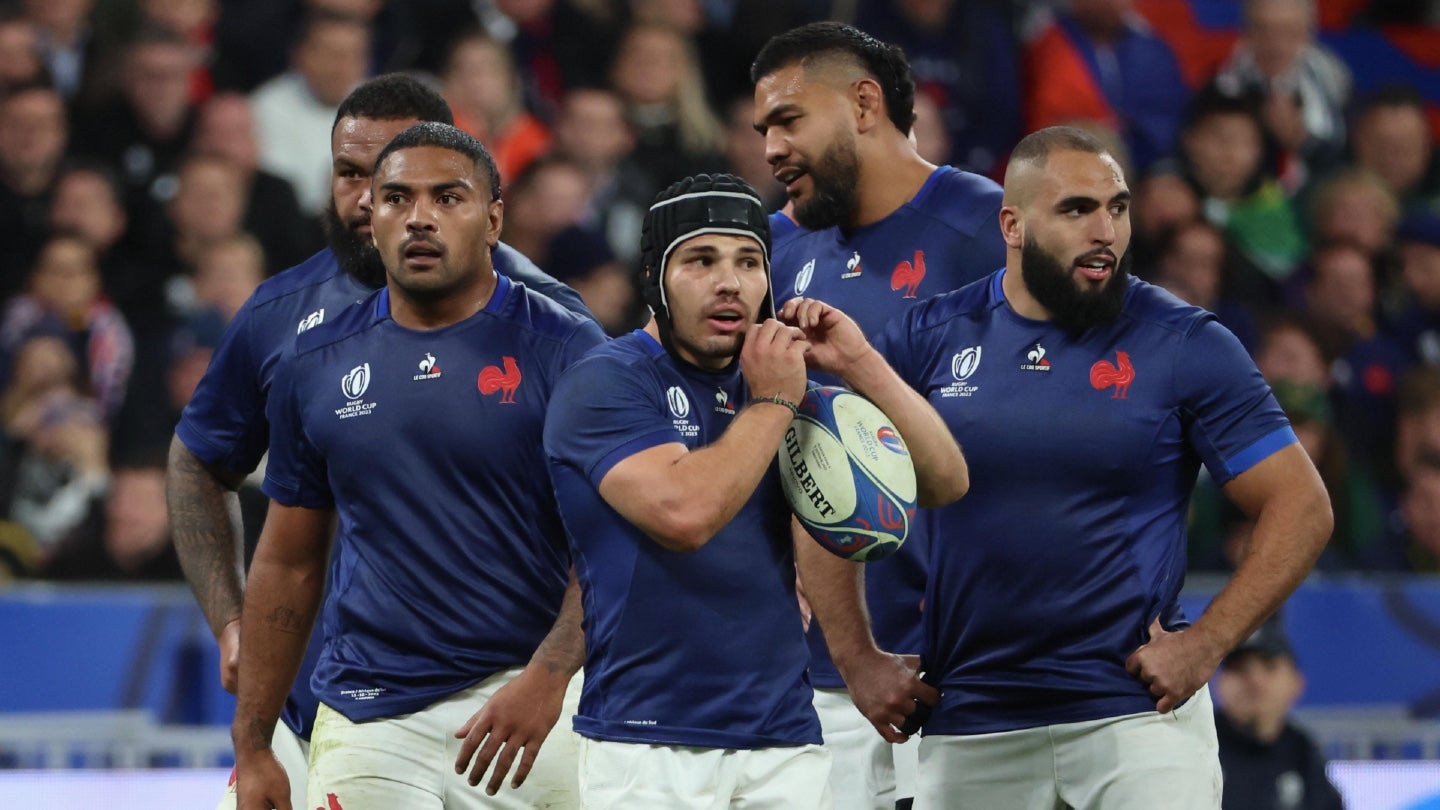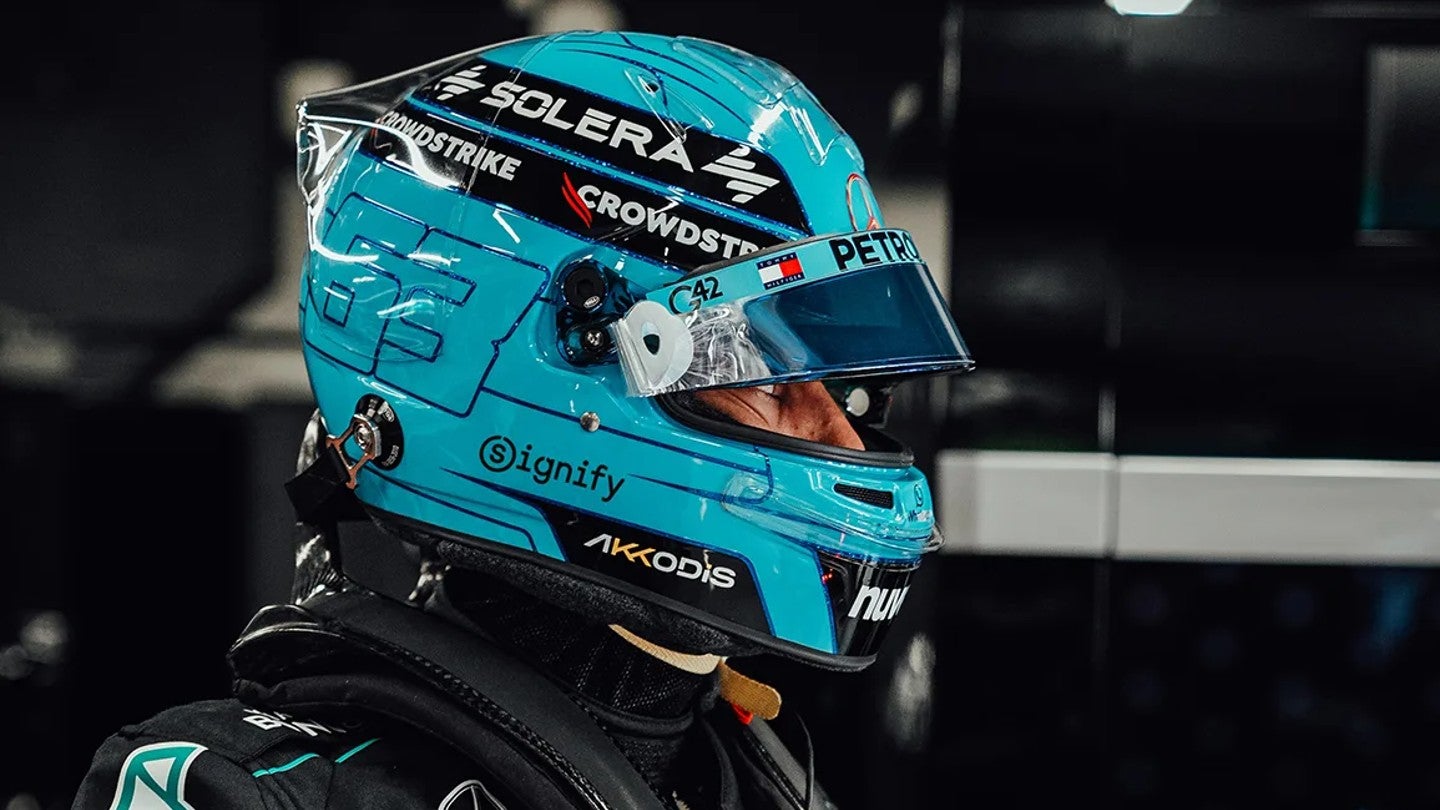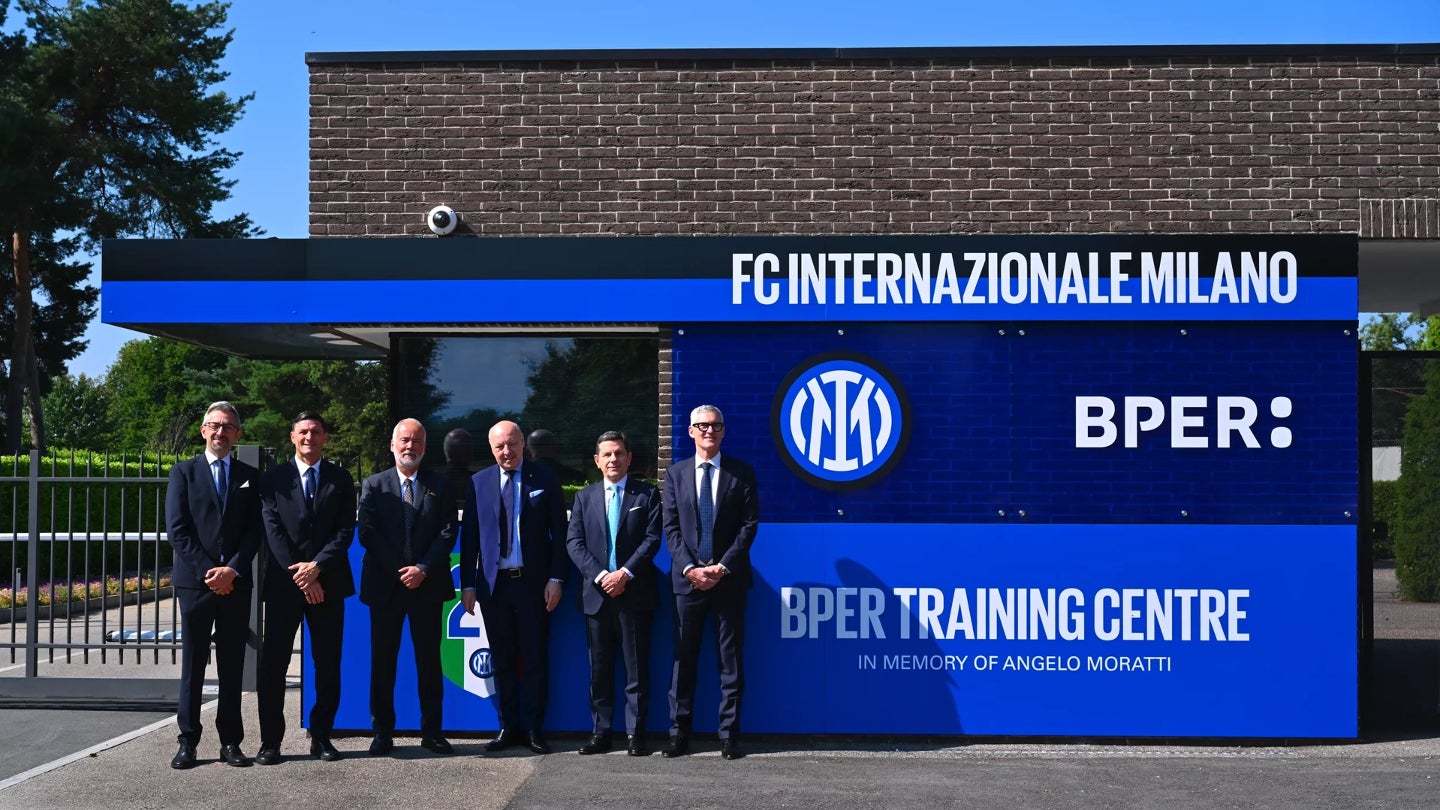International confectionery brand Cadbury has renewed its partnership with the Wallabies, Australia’s national men’s rugby union team, in a new long-term deal.
The extension, which will prolong the partnership through 2029, sees Cadbury continue as the principal partner of the team, with its branding remaining on the front of Wallabies shirts.
Cadbury will also continue to aid the Wallabies' community-focused initiatives.
The brand, owned by USA-based snack company Mondelez International, will additionally collaborate with the Wallabies and Wallaroos on fan engagement activations and grassroots rugby programs.
Cadbury first partnered with the Wallabies in 2021 on an initial five-year deal and expanded its coverage of Australia’s national rugby union sides by becoming a principal partner of the women’s national team, the Wallaroos, in April this year.
The partnership’s renewal is a vote of confidence in Australian rugby union after the Rugby Australia (RA) governing body revealed an annual loss of A$9.2 million ($6.04 million) in its calendar year 2023 financial results.
That major loss cast doubt over the financial viability of the rugby code in a country where rugby league far outstrips its popularity. However, the Cadbury renewal could prove vital for the body in staving off these fears, not least with another tough year on the revenue front projected.
Speaking on the extension of the Cadbury deal, RA chief executive Phil Waugh stated: “This extended commitment will allow us to continue to invest in all areas of the game, developing our programs, supporting our players, and inspiring the next generation of rugby talent. We look forward to achieving great things together.”
In extending the deal through 2029, Cadbury will cover a busy period for Australian rugby union that includes the 2027 men’s and 2029 women’s Rugby World Cups, both of which will be staged in Australia, and the high-profile British & Irish Lions tour in 2025, all of which RA classes as major revenue events and ones that it is hinging the commercial future of the organization on by not scaling back investment at this current crucial juncture.















